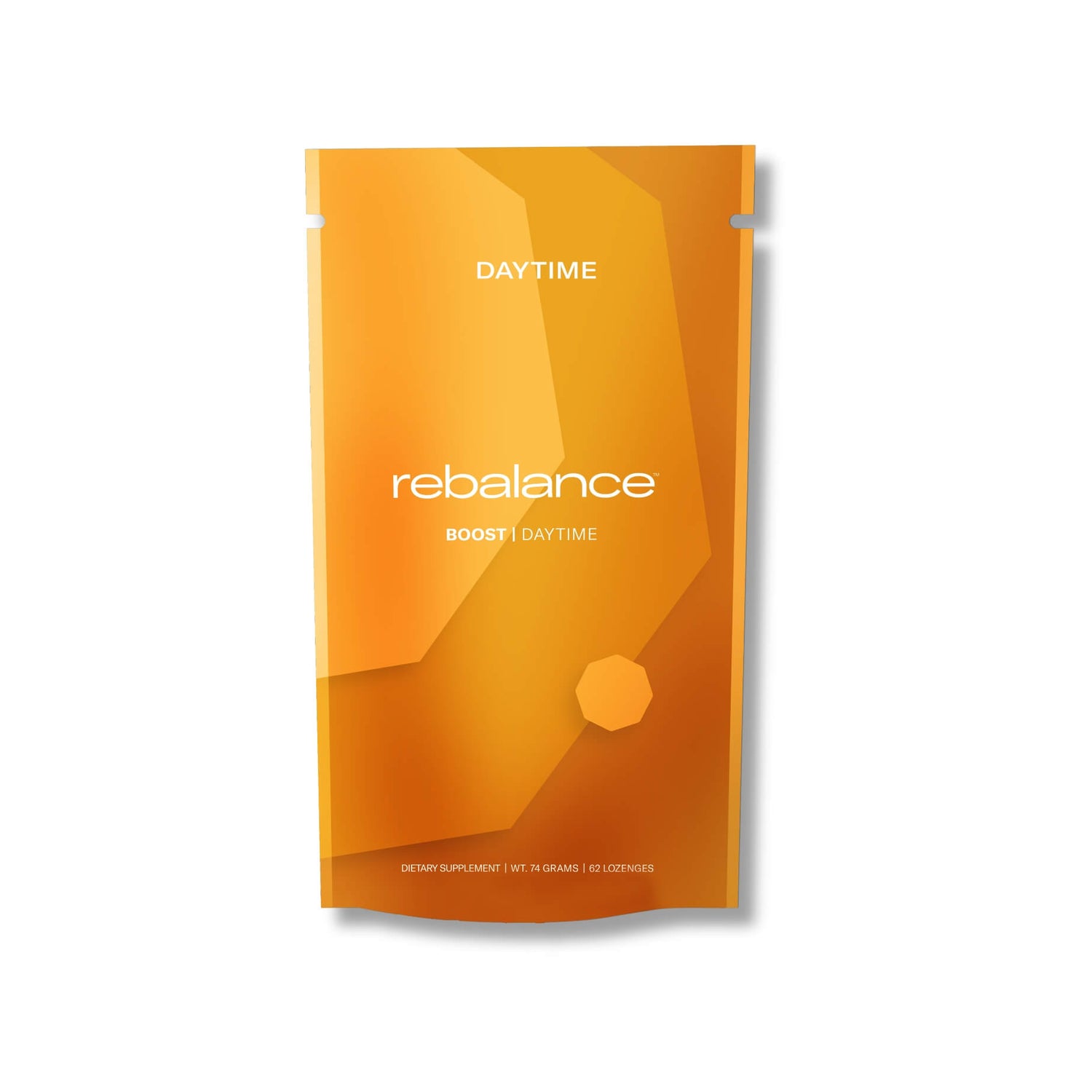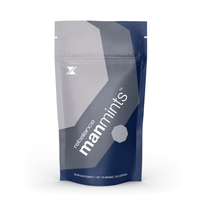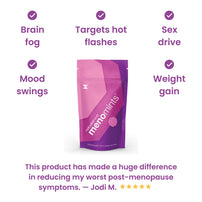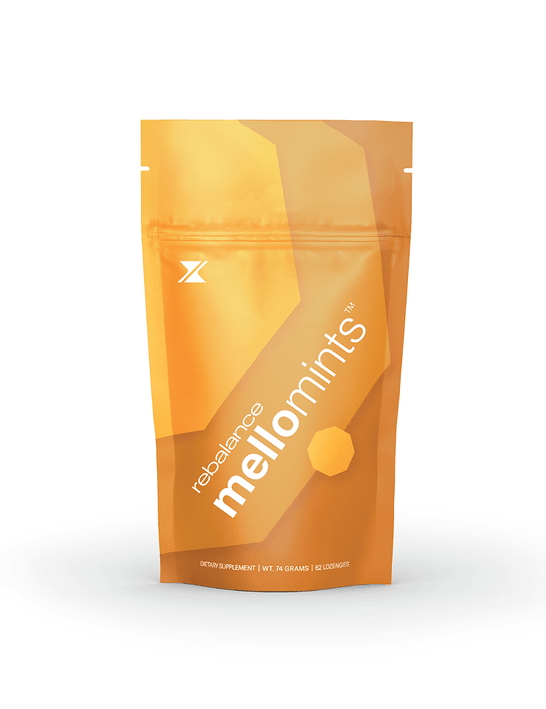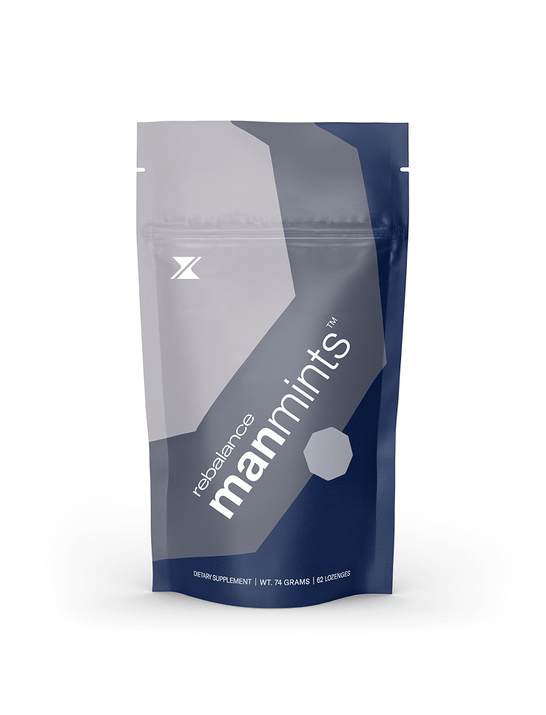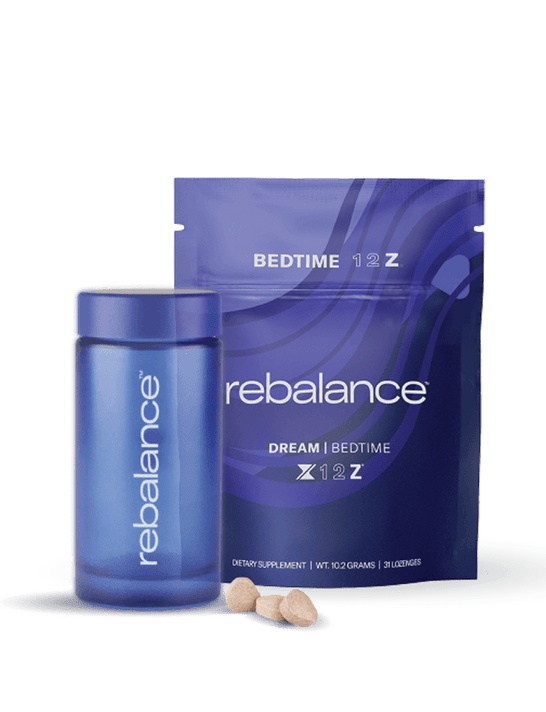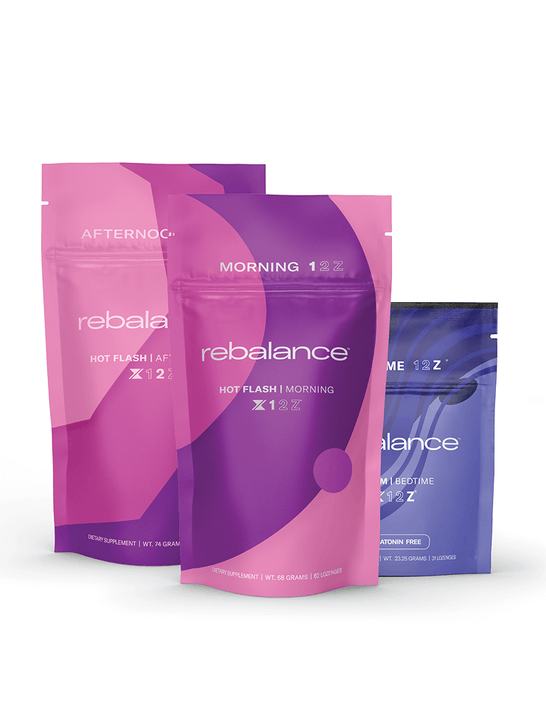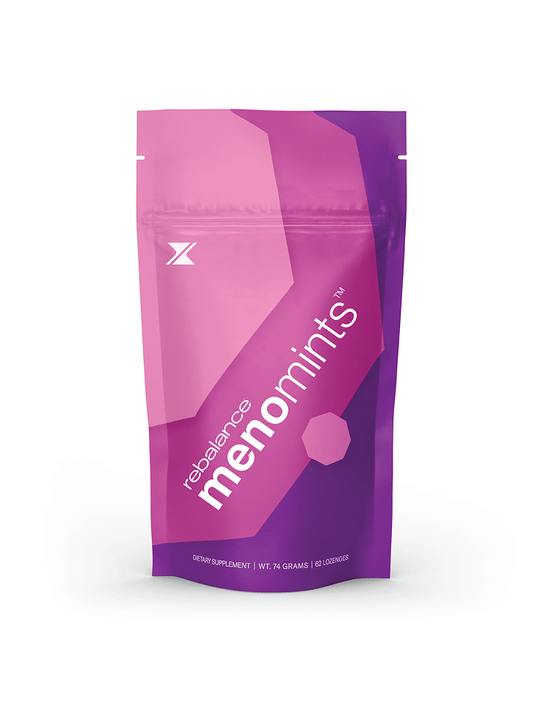Protein: More Than Just Muscle Food (It's great for your brain)
08/26/2024 by Rebalance Health

This week, we sat down with Rebalance expert and naturopath Amber Krogsrud on protein. Whether you're intent on keeping your mind sharp, managing your blood pressure, or just aiming to stay healthy, understanding the role of protein in your diet is a total game-changer. Amber breaks down how this essential nutrient impacts different aspects of your health and why the type of protein you choose could be even more important than you think.
Protein and Brain Health: Could It Help Keep You Sharp?
Ever wonder if what’s on your plate could help keep you sharp? Recent research offers a resounding YES. A study published in the Journal of Nutrition, Health and Aging in 2020 found that older adults who ate more protein—especially from animal sources like meat, eggs, and legumes—tended to have better cognitive performance. On the flip side, those who consumed a lot of milk and dairy saw worse outcomes.
So, why is protein so brain-friendly?
-
Amino Acids: Protein breaks down into amino acids, which are crucial for producing neurotransmitters like dopamine and serotonin. These chemicals are your brain's best buddies when it comes to mood, memory, and overall cognitive function.
-
Brain Health: Protein helps repair and maintain your brain cells, keeping those neurons in top form and supporting synaptic plasticity—fancy talk for how your brain learns and remembers things.
-
Stable Energy: Protein helps keep your blood sugar levels steady, ensuring your brain gets a consistent supply of glucose, which is key for avoiding those midday slumps.
-
Antioxidant Power: Some amino acids have antioxidant properties that protect your brain from oxidative stress and damage.
-
Reducing Inflammation: Protein supports healthy liver detoxification, which can help reduce systemic inflammation—a known contributor to cognitive decline and neurodegenerative diseases.
Protein and Blood Pressure: Can It Help Keep Things in Check?
Did you know that upping your protein intake could be a secret weapon in managing your blood pressure? Here’s the scoop:
-
Nitric Oxide Production: Certain proteins, especially those containing arginine, boost nitric oxide production. This magical molecule helps relax your blood vessels, improving blood flow and easing pressure.
-
Diuretic Effect: Some proteins act as a mild diuretic, helping your body get rid of excess sodium and water—both culprits in high blood pressure.
-
Weight Management: Protein is your best friend when it comes to feeling full and satisfied, which can help with weight management. And keeping a healthy weight reduces the strain on your heart and blood vessels.
-
Improved Insulin Sensitivity: Protein helps regulate blood sugar, which in turn reduces stress on your blood vessels, supporting healthy blood pressure.
-
Amino Acid Benefits: Amino acids like cysteine and glutathione help maintain blood vessel function and reduce cellular stress. Leucine supports muscle mass and stabilizes blood sugar, while taurine and tryptophan are known for managing stress and blood pressure.
Protein’s Role in Enzyme and Hormone Production: Here’s Why You Should Care
Protein isn’t just about building muscle—it’s also vital for producing enzymes and hormones, the unsung heroes of your body’s inner workings. Enzymes help with everything from digestion to metabolism, while hormones regulate functions like growth and mood.
Without enough protein, things can go haywire:
-
Impaired Digestion: A lack of enzymes can mess with how well you break down food and absorb nutrients.
-
Metabolic Issues: Insufficient enzymes can throw your metabolism off balance, leading to energy and weight problems.
-
Hormonal Imbalances: Not enough protein can mean not enough hormones, which can result in fatigue, mood swings, and other symptoms.
Making sure you get enough protein helps keep these critical processes running smoothly, supporting your overall health.
Are Some Protein Sources Better Than Others?
You bet! The quality of your protein sources can make a big difference in how they impact your health.
-
High-Quality Proteins: Think lean meats, fish, eggs, dairy, beans, and nuts. These foods are considered high-quality because they provide all nine essential amino acids your body needs. Plus, they come packed with extra goodies like vitamins, minerals, and healthy fats.
-
Fish: Take salmon, for example—it’s loaded with omega-3 fatty acids, which are awesome for your heart and brain.
-
Beans and Nuts: These plant-based proteins not only give you a good dose of protein but also come with fiber to help with digestion and blood sugar regulation.
Animal-based proteins often have higher bioavailability, meaning your body can use them more efficiently because they contain complete amino acid profiles. While plant-based proteins are fantastic for fiber and antioxidants, they might need a little help—like combining different sources—to make sure you get all nine essential amino acids.
The Bottom Line: Protein is a Powerhouse
Protein is more than just a muscle builder—it’s a key player in your overall health, from your brain to your heart, and beyond. Whether you lean towards animal-based or plant-based sources, mixing up your protein intake can help you meet your nutritional needs and support long-term wellness. And if you have specific health goals or dietary needs, chatting with a medical professional or dietitian can help you fine-tune your protein game.
References:
- Li Y, Li S, Wang W, Zhang D. Association between Dietary Protein Intake and Cognitive Function in Adults Aged 60 Years and Older. J Nutr Health Aging. 2020;24(2):223-229. doi: 10.1007/s12603-020-1317-4. PMID: 32003415.
- Phillips, S. M. (2017). Current Concepts and Unresolved Questions in Dietary Protein Requirements and Supplements in Adults. Frontiers in Nutrition, 4, 13.
- Vasdev S, Stuckless J. Antihypertensive effects of dietary protein and its mechanism. Int J Angiol. 2010 Spring;19(1):e7-e20. doi: 10.1055/s-0031-1278362. PMID: 22477579; PMCID: PMC2949991.
- Wolfe, R. R. (2017). Protein quality as determined by the Digestible Indispensable Amino Acid Score: Evaluation of factors underlying the calculation. Nutrition Reviews, 75(9), 770-779.
Overview

Stay Calm. Sleep Deep. Wake Clear.
A lozenge that supports deep sleep, better REM, and calmer nights. Without melatonin — unless you want it.
